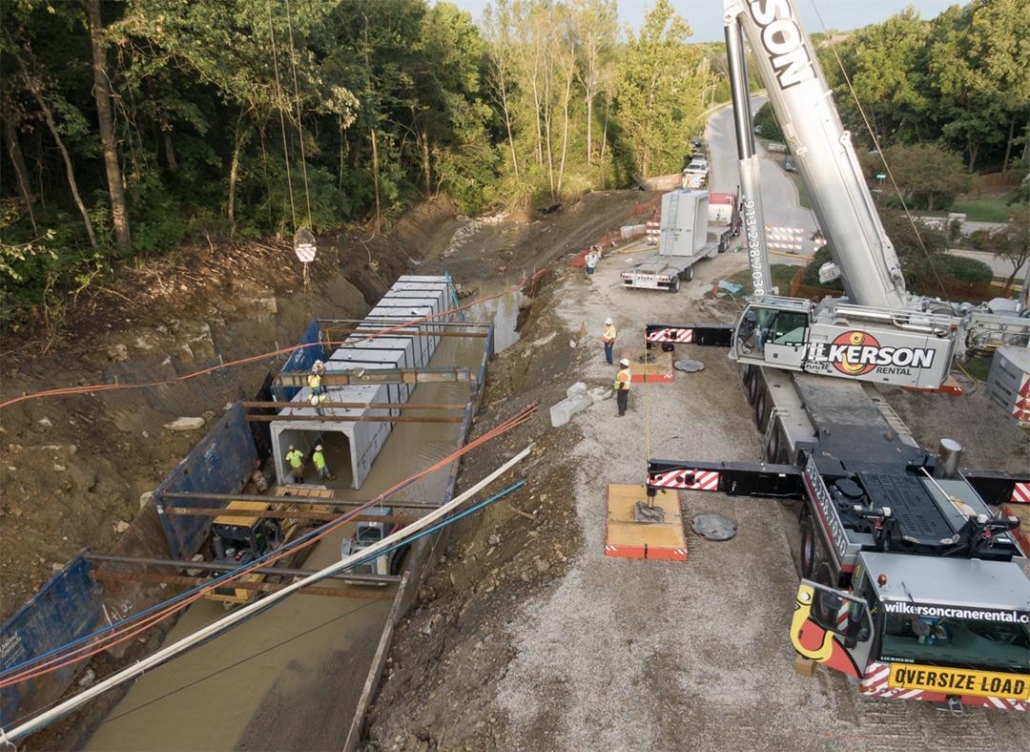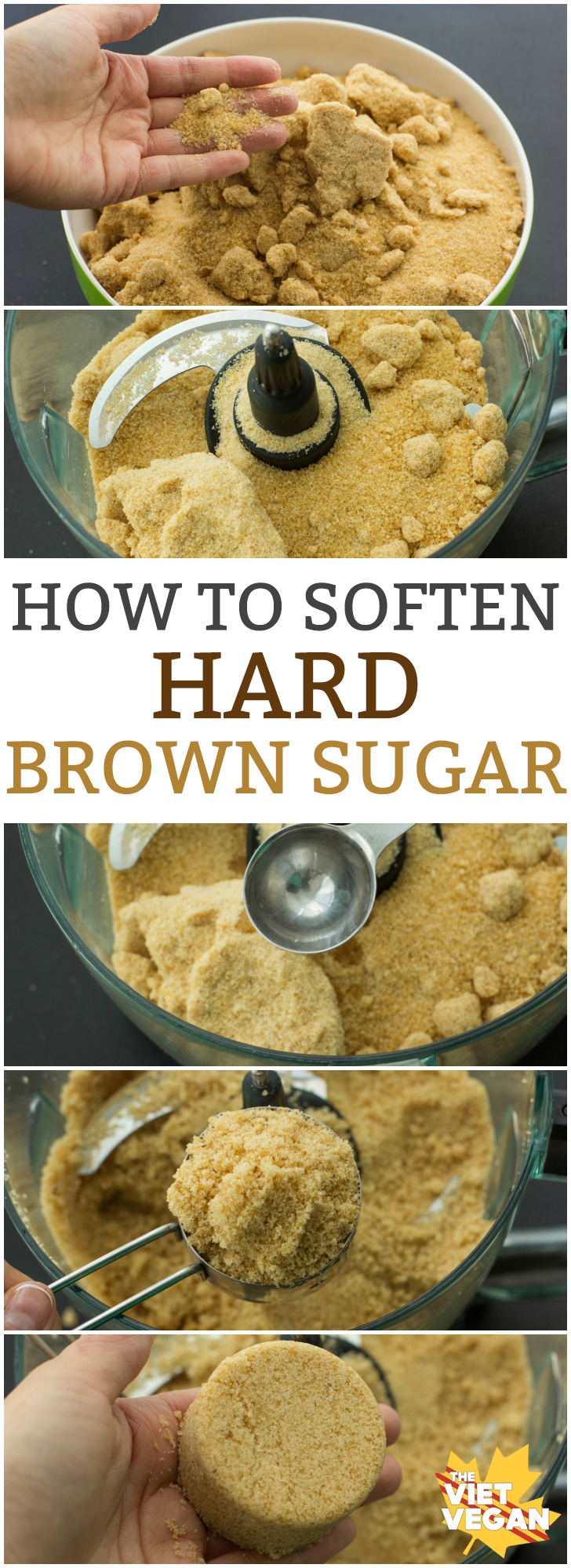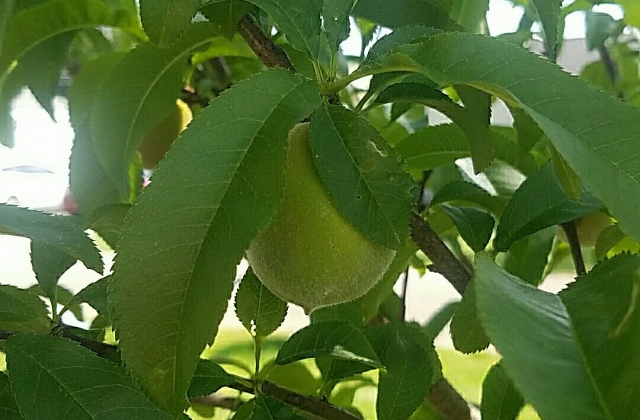Heavy or hard soils contain a high percentage of clay and low amounts of silt and sand, resulting in compacted soil that becomes difficult to till. Improving a clay soil lawn or garden by adding decomposed organic material, such as compost, not only improves workability but increases fertility. To fix compacted soil, which is soil that has little to no air space, break it up to make it hospitable for your plants again. Start by shifting livestock, machinery, vehicles, and foot traffic away from the compacted area to give the soil a rest. If you use the compacted area for farming or gardening, move your plants somewhere else for at least 1 growing cycle.
Instead, plant a cover crop, like winter wheat or ryegrass, to allow the roots to break up the soil. For smaller, grassy areas that are compacted, use a small metal garden fork to poke holes in the soil so air, water, and roots can enter the area. However, when tackling a larger area, use a rototiller with an aeration attachment. Cover crops, also called green manure crops, help loosen clay or compacted soils with their roots and by adding organic matter. They also prevent nutrient loss and erosion during the non-growing season. Leguminous cover crops, such as winter rye, alfalfa, hairy vetch and clover, which add nitrogen to the soil, are usually planted at the end of summer or early fall.
Gypsum is a soft white-grey mineral known as a 'clay breaker' because it helps to improve the physical condition of heavy clay soils. In layman's terms, if you look at compacted soils under a microscope they look like a jar full of sand. If you mix gypsum with the soils it will then look like a jar full of marbles, with air pockets around them. The result of this occurring is to allow better water and root penetration.
Root development and the intake of other essential nutrients are assisted as well by the calcium content of gypsum. Gypsum is easily applied to the soil surface with a regular lawn spreader. It's an ideal amendment for improving soil structure and relieving compaction in existing lawns and gardens. Healthy soil typically is more than 40 percent pore space, with large pores that promote drainage and small pores which help store water. This combination enables air and water to penetrate, promotes good drainage, and allows soil organisms to breathe and plant roots to grow.
Machinery, foot traffic and pounding rain compact the soil and make life in the soil difficult. Compacted soils can flood and also be susceptible to drought, since water runs off rather than infiltrating. You can repair compacted soil by rebuilding its spongy structure. Some people claim you can loosen clay by adding gypsum to it. The theory is that gypsum binds clay particles together to make bigger particles, providing more space for air, water, and roots.
While this works to some extent, adding gypsum alone isn't enough for most gardens. The best way to loosen and improve clay soil is by adding lots of organic matter. Compaction is most likely to occur with heavier soils like clay and loam, but when heavy equipment is used, sandy soils can become compacted. These are soil particles that are packed closely together. The problem may be compounded by events that have happened to the soil over the course of years.
The pore spaces are reduced to the point that air and water cannot move freely and plant roots cannot grow easily into the surrounding soil. The soil could remain overly wet longer than is healthy for the plants growing there. Without enough air space in soil, there's no room for water and nutrients to circulate, and the roots on your poor plants have nowhere to grow. The good news is that there are steps you can take to fix and prevent soil compaction.
Below we'll walk you through how you can break up compacted soil, reintroduce air into it, and make it a welcoming home for your plants again. Instead of gypsum, consider core aerifying in spring, summer or early fall to reduce the compaction and improve plant health. Aerifying with large half-inch hollow tines and punching about 25 holes/square foot will produce good results. Very compacted soil can benefit from several corings each year .
This does not minimize the benefit of have a high Ca and Mg level reading in your soil test, but coring does physically reverse a physical compaction of soil particles. Yes, coring is an expensive service to buy, and most lawns really don't need it; but it won't hurt. And if the soil is compacted, it's usually the best solution to the stifled growth. It is unlikely that you will aerate your turf too much.
However, it is better to repeat the process several times a year if your soil is compacted, rather than do a lot all at once. If the holes that you make in the turf are about 25-50mm apart, you have done a good job. Repeat that several times a year and your turf should improve. As the turf grows, it too will reduce soil compaction as its roots push soil particles apart.
Walking on your lawn or garden when its wet is a common cause. Heavy, beating rains also drive clay particles together. Salts from fertilizers and winter de-icing solutions build up in heavy clay as well.
While wet earth by itself isn't easy to dig, one can use how moisture affects the dirt to their advantage. Damp earth can clump up, become heavier, and stick to the blades of your shovel. However, clay soils hard on the surface can break up after digging 10 inches into the ground. This wetting process underneath the top layer of earth allows you to lift entire earth pillars with a post hole digger easily.
For a large vegetable garden, another solution is to grow a cover crop at the end of the season, then mow and turn in the following spring before planting. By mowing and turning the mowed tops in, the soil is additionally loosened. Cover crops could include annual ryegrass, winter wheat, winter rye, buckwheat, oilseed radishes and hairy vetch. The pore space is needed to conduct water and oxygen to your turf and many thousands of other plants, microbes and animals that live in the soil. When the pore space is reduced by even 10%, your turf will suffer.
Eventually it will become thin, thus allowing weeds, algae or moss to grow. The compaction generally occurs within a few millimetres under the turf. However, if heavy equipment is used the compaction can reach a depth of 300mm or more. For example, the repeated parking of cars on turf will compact the soil. Turf soils that are compressed when wet, compact deeper and faster than dry soils.
Top-dressing planting beds with several inches of compost will improve lightly compacted soils. Earthworms and other soil fauna will gradually pull it down into the soil, loosening it and improving water-holding capacity. A 2- or 3-inch layer of shredded leaf mulch or wood chips will provide similar benefits. Learning how to fix compacted soil can make a world of difference in your lawn.
Grass plants depend on their root systems for water and nutrients. Your soil test or extension agent can help you determine the right amount of organic matter for your soil. Clay's potential as one of the best soil types for plant growth lies in its unique properties. Managed well, clay soil typically requires less irrigation and less fertilizer, and leads to healthier plants all around. Aeration should be part of every homeowner's lawn maintenance plan, but it is particularly important for residents of DFW.
Aerating twice a year will keep the easily compacted clay soils of DFW loose and porous for optimal plant growth. Ideally, DFW lawns should be aerated once in the spring and a second time in the fall. Like flour when baking, with enough pressure pushing it down, soil can become compacted. Soil can be compacted by large machines during home construction, heavy foot traffic, or even hard rains. Without these necessities, your grass becomes weak, often browning easily and turning visibly thinner.
The dense soil can squeeze grass roots, making it hard for them to function and stealing the lush green appearance your lawn once had. Just as it is difficult for you to dig in compacted soil, it is also difficult for soil-dwelling organisms, like bugs and worms, to tunnel in compacted soil. You won't usually find many organisms living in compacted soils because they cannot get the air, space and nutrients they need to survive. Also, compacted soil makes it difficult for plants with delicate root systems to thrive.
Very compacted soil tends to support only the growth of weeds, which have thick tap roots that can penetrate deeply into compacted soil and out-compete other plants. This is particularly helpful for heavy clay soils that make it difficult for grass roots to thrive. The addition of lime can raise the soil pH to excessively high levels, reducing the availability of plant nutrients and leading to poor plant growth. Advertisements for gypsum often claim the addition of gypsum will help loosen heavy, clay soils and improve soil drainage.
In a garden bed, the best way to introduce organic material without digging , is to apply layers on top and let nature do the work for you. Simply pile your garden bed high with organic material – it can be wood chips, shredded paper, straw, chopped leaves, lawn clippings – whatever you can lay your hands on. It might be slow, but the wait will give you time to get to know your land before you plant. About half of a healthy soil is made up of mineral particles like sand, silt and clay plus organic matter.
That is the room for air and water movement around the mineral particles. This is an intensive solution and is mostly used for small areas to reintroduce grass. You can gather the soil into a planting mound nearby or bury it in good soil. Bring in new topsoil and spread it over the area.Check with your lawn and garden or home improvement store for a soil that has the qualities to nurture plant growth.
If the ground does not have enough air space, water and nutrients will not circulate properly, making it difficult for your grass to grow. Luckily there is something you can do to soften and prevent soil hardening. Walking on your lawn once it has been tilled and yet to dry will often result in compacted soil or hard soil.
Even though most soils will harden under heavyweight, soil rich in clay is more prone to hardening because of clay soil's low drainage and tiny soil particles. Garden centers and lawncare services often advise applying gypsum to your lawn to "decompact" a hard soil. This is supposed to accomplish softening by improving the structure of the compacted clay soil. With the exception of the arid western United States and our coastal areas , adding gypsum as a soil-softening amendment is not necessary in nonagricultural areas. Reseed the affected area, if you're improving a clay soil lawn. If you're amending soil for a vegetable or flower garden, you can begin planting immediately once you've added the amendments.
If you don't plan to plant immediately you should cover the area with a heavy layer of mulch to prevent erosion and slow water absorption. Otherwise your hard work might literally be washed away by a heavy rain or two. To soften the hard soil, start by breaking up the top few inches as much as possible. Once you have raw broken soil, add a layer of compost, mixing it in with the broken up hard soil. Adding small amounts of water can also help to soften the soil, making it easier to dig and install a different landscape edging option. There's nothing quite like the feeling of lush grass between your toes.
It's a sensation that never gets old, and you can get it by simply walking out into your backyard. Unfortunately, when you have compacted soil, it can be extremely difficult for gardens, plants, and even grass to grow in your yard. Compacted soil can be caused by several factors and can create many problems for your lawn, the most obvious being drab, brown grass. You may want to try lasagna gardening, an intense form of sheet composting. You'll create a raised bed from layers of shredded leaves, compost and other organic matter. Or shred your fallen leaves and dig them into the top 8 to 12 inches of soil in new or annual flower and vegetable gardens.
Add an inch or two of finished compost or peat moss at the same time. If subsoiling is impractical, holes can be drilled through the hardpan to provide drainage and better root penetration (Harris et al. 2003). If there are existing trees near the site, care must be taken not to damage the roots.
Soil compaction is a major cause of tree decline in urban areas. This force causes the soil aggregates to break into smaller particles, reducing the amount of pore space in the soil and increasing the bulk density. The reduced pore space hinders aeration, water infiltration, and root penetration. A lack of soil oxygen and poor water drainage retard root growth, jeopardizing the health of the tree.
As a rule, gypsum is best cultivated and mixed into clay or heavy soils prior to laying turf or adding turf underlay. If you have an existing lawn that is suffering from compaction, using gypsum will also help relieve compaction in most clay or heavy soils. First aerate the lawn, then spread 1-2kg/m2 of gypsum over the lawn and rake in. If you're unable to aerate the lawn first, water the gypsum in heavily once spread.
Remember good soil structure will give you a great lawn. If you want more advice, get in touch with your local Lawn Solutions Australia member. There are various strategies on how to reduce soil compaction and aeration is the most important one. Perforating the soil with holes to allow air, water and nutrients will improve growth of grass and other plants.
But regardless of the reason, compacted soil is a cause of serious concern as the condition makes it difficult for plants to grow and stay healthy. Roots struggle to grow deep, and therefore cannot get enough nutrients and water. It becomes common for roots to suffocate because water cannot seep through the ground. This of course usually leads to plant diseases or even the early demise of a plant. Commercial products, such as ClayMend, are also available to amend clay soil by introducing beneficial soil microbes and supplying them with nutrients.



























No comments:
Post a Comment
Note: Only a member of this blog may post a comment.